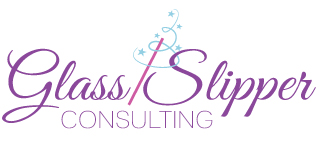It’s easy to take care of others when you are a healer. I am not talking about a professional healer- like a physician, nurse, therapist, yogi…..I am talking about being someone who was born to heal others. Even though I am in fact a nurse practitioner by profession, I have been taking care of others since about the first grade. I’m not exactly sure when or how it all began, but what I do know is that by the time I was in elementary school the teacher would call me out anytime another student was sick or injured. It didn’t make a lot of sense to me at the time, but I always stepped up and offered support. Sometimes it meant putting the band-aid on the skinned knee. I know I am not alone- many of us just seem to be the caretaking type.
This week my father had surgery. Thankfully it wasn’t anything too serious or life-threatening, but still, it required a visit to the operating room, an opportunity to wear the lovely hospital gown and bonnet, and a general anesthetic. It meant following a long list of instructions both before and after the procedure, and asking a lot of questions of the medical professionals taking care of him. I knew which questions to ask, in fact, I also knew the answers to the questions. But here’s the thing; my dad is alert, active and a former surgeon. I knew that he knew many of the questions to ask as well. What he didn’t know were several of the answers. It is not uncommon in my work to see older patients come in with their adult children and family members. Quickly, the children take charge of the encounter asking questions and discussing the risks and potential benefits with the surgeon. All while the patient sits quietly on the exam table. I didn’t want that to be the case. It doesn’t feel right to witness, and it definitely wouldn’t feel right to participate in. So, I jotted down a short list of questions for him to ask. I know that going off to the operating suite with a clear understanding of the procedure and reasonable expectations of the recovery process is important. I was supportive. I made sure my presence was known. I shook his surgeon’s hand and thanked the anesthesiologist and nursing staff for taking such good care of him. And then I sat in the waiting room among a sea of friends and family members anxiously waiting for their own “patients” to be out of the O.R. until I knew that his surgery was complete and he was on his way to the recovery room.
It’s a strange thing; we grow up with parents who take care of us, advocate for us and ask all the hard questions. Suddenly the roles seem to switch around and we find ourselves looking out for our parents in situations we could not anticipate.I’m grateful that my father’s surgery went smoothly and without complication. I am also glad that I didn’t have to be anything else this time besides a daughter.


{ 0 comments… add one now }